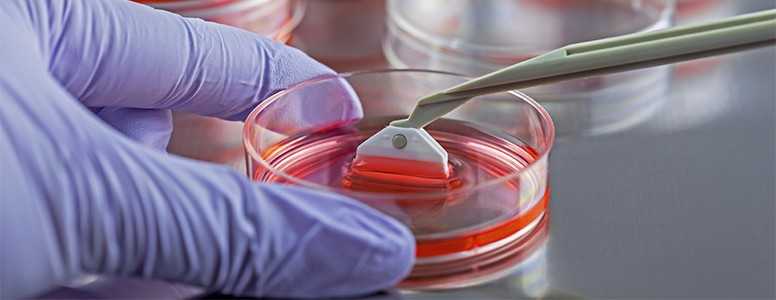Different diets could determine the risk of obesity and type 2 diabetes inherited by offspring, according to new findings.
The study, conducted by researchers at Helmholtz Zentrum Münche, the Technical University of Munch and the German Centre for Diabetes Research, investigated the effects of three diets on mice models that had become obese and developed type 2 diabetes due to a high-fat, high-calorie diet.
They concluded that diet-induced obesity and type 2 diabetes can be epigenetically inherited in offspring via egg and sperm cells.
Study conditions
The researchers fed male and female mice either a high-fat, low-fat or normal diet for six weeks. The mice that were fed a high-fat diet developed obesity and glucose intolerance.
Using in vitro fertilisation (IVF), the study team took egg and sperm cells from random mice pairings and implanted the resulting embryos into healthy surrogate mothers. This eliminated factors such as parental influence during pregnancy.
Nine weeks after birth, the 350 offspring ate a normal diet. The, they were moved on to a high-fat diet and had their weight monitored over a six-week period. Their responses to injected glucose were also evaluated.
All the mice gained weight, but weight gain was significantly linked to the diet that the parents had eaten, particularly among female offspring.
“The results showed that both oocytes (egg cells) and sperm passed on epigenetic information, which particularly in the female offspring led to severe obesity,” explained study director Professor Johannes Beckers.
Study co-author Peter Huypens, Helmholtz Zentrum, added: “Female offspring from two parents on high-fat diets were 20 per cent heavier than offspring with both parents on a [control] diet. That was amazing.”
Epigenetic inheritance
Study author Professor Martin Hrabě de Angelis, added: “This kind of epigenetic inheritance of a metabolic disorder due to an unhealthy diet could be another major cause for the dramatic global increase in the prevalence of diabetes since the 1960s.”
“The view so far was that [risk] is all determined by genes – it’s fate,” said Beckers. “But our findings give back a certain responsibility to the parents. They really have the possibility to affect what offspring inherit in their epigenome.”
The researchers now hope to evaluate the mechanisms behind epigenetic modifications passed on from parents.
The study appears in the online journal Nature Genetics.
What's new on the forum? ⭐️
Get our free newsletters
Stay up to date with the latest news, research and breakthroughs.







